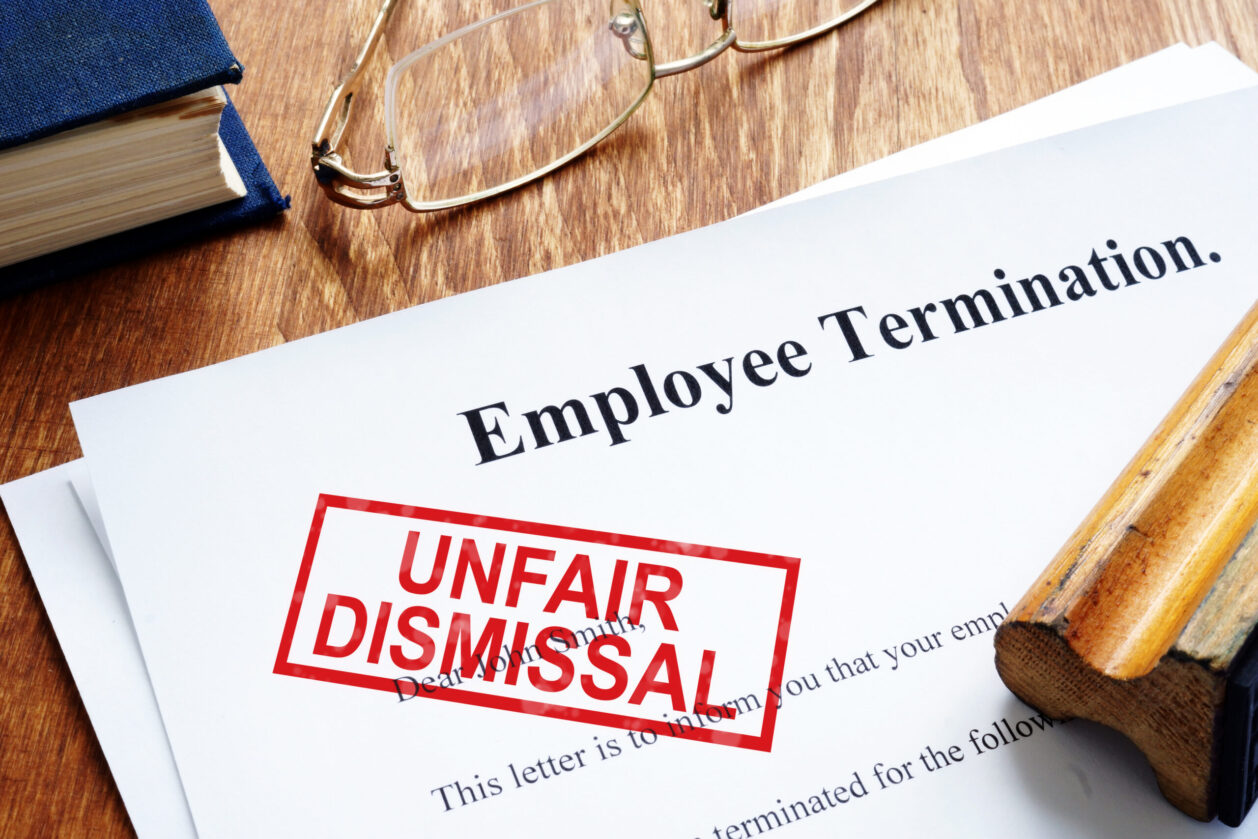Superannuation is money put into a fund during your working life to support your lifestyle in retirement.
It is partly compulsory, with employers required to contribute a minimum of 9.5 per cent on behalf of their employees to a complying superannuation fund.
The amount an employer must pay is legislated, however an employer can elect to pay more than the current rate of 9.5 per cent.
Payments must be made at least quarterly and are due by the 28th of the month following the end of the quarter.
So contributions for, say, the quarter January – March are due on the 28th of April. Payments made after the deadline attract an additional charge from the Australian Tax Office.
If you pay an employee more than $450 in a calendar month, you are always legally required to make super contributions for your staff on top of their wages.
Jo Jones, AustralianSuper’s Manager for New Business in WA, says that superannuation is just one-way employers can help their staff have a comfortable retirement.
“Many people are not engaged in their super until they are close to retirement age. By choosing a low-cost default super fund, with strong long-term performance, employers can have an impact on the amount of money their employees may have in retirement.”
Contributions received by the fund are invested in a range of assets to help grow your balance. Most funds offer a range of investment options to choose from, and are required to offer a default investment option, known as the ‘MySuper’ investment option. This is where contributions ‘default’ to if members do not make their own investment decision.
Most Superannuation funds also provide a basic level of insurance cover such as death and total permanent disability, some also provide income protection cover.
“Members generally receive a basic level of insurance automatically and can apply to increase the level of cover to meet their personal needs,” Jones says.
“Not all super funds offer the same level of cover for all occupations, so this is another reason to choose your default fund carefully.”
It is critical that a business does its homework before deciding on the super fund that best meets the needs of its company and staff in the long term.






